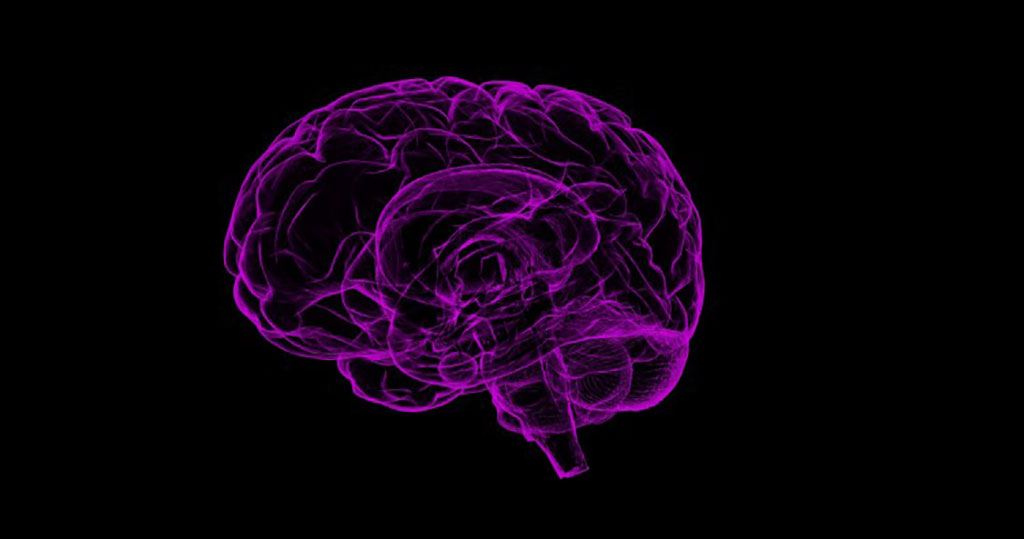New Blood Test Detects ‘Toxic’ Protein Years Before Alzheimer’s Symptoms Emerge
Posted on 07 Dec 2022
Today, by and large, patients receive a diagnosis of Alzheimer’s only after they exhibit well-known signs of the disease, such as memory loss. By that point, the best treatment options simply slow further progression of symptoms. But research has shown that the seeds of Alzheimer’s are planted years - even decades - earlier, long before the cognitive impairments surface that make a diagnosis possible. Those seeds are amyloid beta proteins that misfold and clump together, forming small aggregates called oligomers. Over time, through a process scientists are still trying to understand, those “toxic” oligomers of amyloid beta are thought to develop into Alzheimer’s.
Now, a team led by researchers at the University of Washington (Seattle, WA, USA) has developed a laboratory test that can measure levels of amyloid beta oligomers in blood samples. Their test - known by the acronym SOBA which stands for soluble oligomer binding assay - exploits a unique property of the toxic oligomers. When misfolded amyloid beta proteins begin to clump into oligomers, they form a structure known as an alpha sheet. Alpha sheets are not ordinarily found in nature, and earlier studies by the research team showed that alpha sheets tend to bind to other alpha sheets. At the heart of SOBA is a synthetic alpha sheet designed by the team that can bind to oligomers in samples of either cerebrospinal fluid or blood. The test then uses standard methods to confirm that the oligomers attached to the test surface are made up of amyloid beta proteins.

The team tested SOBA on blood samples from 310 research subjects who had previously made their blood samples and some of their medical records available for Alzheimer’s research. At the time the blood samples had been taken, the subjects were recorded as having no signs of cognitive impairment, mild cognitive impairment, Alzheimer’s disease or another form of dementia. SOBA detected oligomers in the blood of individuals with mild cognitive impairment and moderate to severe Alzheimer’s. In 53 cases, the research subject’s diagnosis of Alzheimer’s was verified after death by autopsy - and the blood samples of 52 of them, which had been taken years before their deaths, contained toxic oligomers.
SOBA also detected oligomers in those members of the control group who, records show, later developed mild cognitive impairment. Blood samples from other individuals in the control group who remained unimpaired lacked toxic oligomers. In the study, the team also showed that SOBA easily could be modified to detect toxic oligomers of another type of protein associated with Parkinson’s disease and Lewy body dementia. The research team believes that the assay has further potential and is working to develop SOBA into a diagnostic test for oligomers.
“What clinicians and researchers have wanted is a reliable diagnostic test for Alzheimer’s disease - and not just an assay that confirms a diagnosis of Alzheimer’s, but one that can also detect signs of the disease before cognitive impairment happens. That’s important for individuals’ health and for all the research into how toxic oligomers of amyloid beta go on and cause the damage that they do,” said senior author Valerie Daggett, a UW professor of bioengineering and faculty member in the UW Molecular Engineering & Sciences Institute. “What we show here is that SOBA may be the basis of such a test.”
“We believe that SOBA could aid in identifying individuals at risk or incubating the disease, as well as serve as a readout of therapeutic efficacy to aid in development of early treatments for Alzheimer’s disease,” Daggett added.
Related Links:
University of Washington














